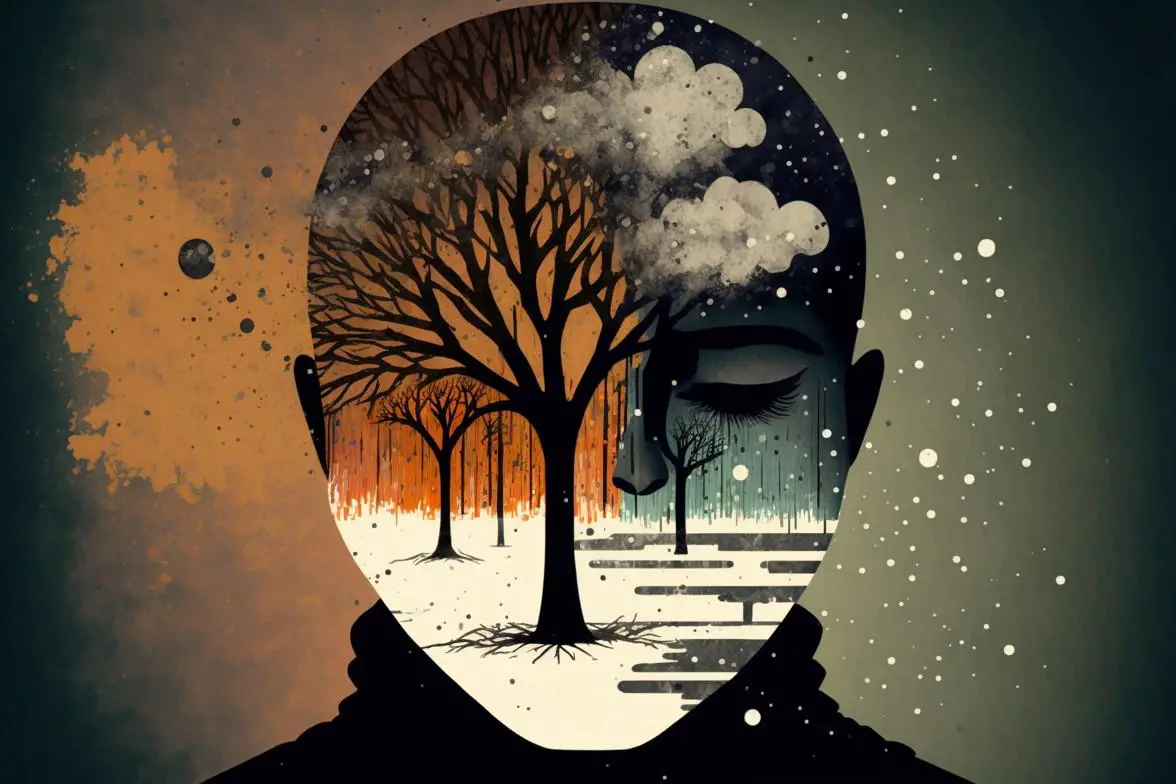Seasonal Affective Disorder (SAD) is a type of depression that occurs during certain seasons, typically in the fall and winter months. It is estimated that about 5% of the population experiences SAD, with women being more likely to be affected than men. The lack of sunlight during these seasons can disrupt our body's natural rhythms and lead to feelings of fatigue, low mood, and loss of interest in activities. If you are someone who experiences SAD, know that you are not alone and there are ways to manage and cope with this condition. As a leading psychiatrist in Bhopal, I have helped many individuals overcome SAD and here are 4 ways that I recommend to my clients:
1) Light Therapy: One of the main causes of SAD is the lack of sunlight. Therefore, light therapy is a highly effective treatment for managing this condition. This involves sitting in front of a light therapy box for about 30 minutes each day. The box emits a bright light that mimics natural sunlight and helps to regulate your body's circadian rhythm. It is important to consult with a psychiatrist in Bhopal to determine the appropriate intensity and duration of light therapy for your specific needs.
2) Exercise: Regular exercise has been proven to be a powerful tool in managing depression, including SAD. Exercise releases endorphins, which are known to improve mood and reduce stress. It also helps to increase energy levels and promote better sleep, which can be disrupted during SAD. Incorporating at least 30 minutes of physical activity into your daily routine can greatly improve your overall well-being and help manage the symptoms of SAD.
3) Vitamin D: Vitamin D is known as the “sunshine vitamin” and plays a crucial role in regulating our mood and energy levels. During the fall and winter months, when sunlight is scarce, it is important to ensure that your body is getting enough vitamin D. You can consult with a psychiatrist in Bhopal to determine if you need to take a vitamin D supplement or if you can increase your intake through foods such as fatty fish, egg yolks, and fortified dairy products.
Also Read: Depression Treatment in Bhopal
4) Cognitive Behavioral Therapy (CBT): CBT is a type of therapy that focuses on changing negative thought patterns and behaviors. It has been shown to be effective in managing SAD by helping individuals identify and challenge negative thoughts and develop coping strategies.





